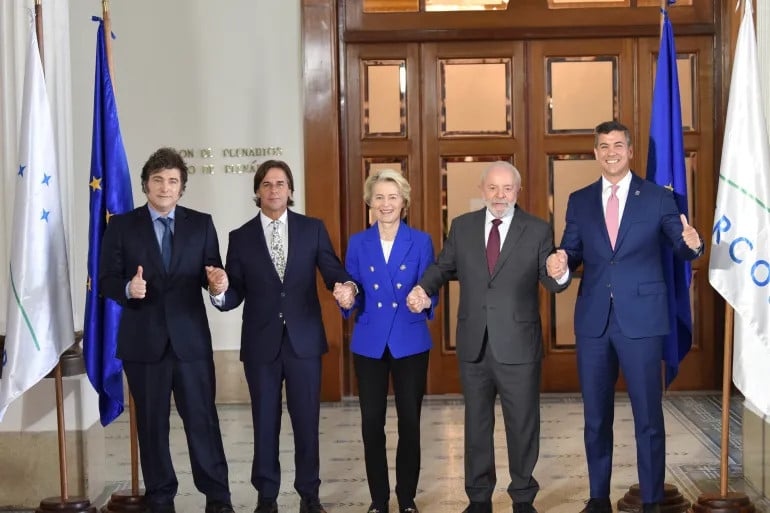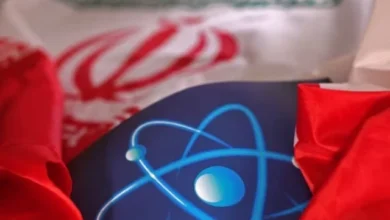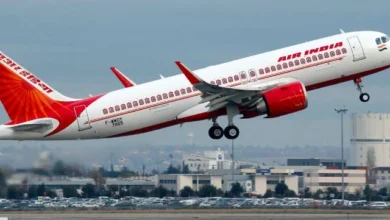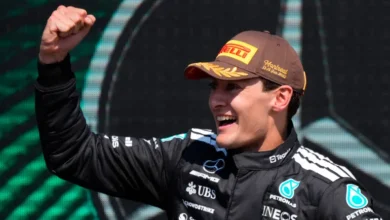The European Union and South America’s Mercosur trade bloc have struck a long-awaited free trade agreement, European Commission President Ursula von der Leyen announced on Friday. The deal, reached after over two decades of negotiations, promises to create one of the largest free trade zones in the world, covering more than 700 million people and nearly 25 percent of global GDP.
Speaking from Montevideo, Uruguay, where the agreement was finalized, von der Leyen called it a “win-win agreement.” “This agreement is not just an economic opportunity. It is a political necessity,” she said, emphasizing that the deal is a response to rising global isolationism. “I know that strong winds are coming in the opposite direction, towards isolation and fragmentation, but this agreement is our near response,” she added.
The agreement aims to reduce tariffs and trade barriers, facilitating easier exports for businesses on both sides of the Atlantic. Mercosur—comprising Brazil, Argentina, Paraguay, Uruguay, and Bolivia—has long been a key partner for the EU, which views the deal as an opportunity to boost trade and strengthen political ties with South America.
Brazil’s President Luiz Inácio Lula da Silva, a strong advocate for the agreement, hailed it as a “modern and balanced” text that also reinforces Mercosur’s environmental credentials. “We now have a modern and balanced text that recognises Mercosur’s environmental credentials and reinforces our commitment to the Paris Agreement,” he said.
Despite the optimism, the deal faces opposition from several EU countries, including France. Sophie Primas, France’s Minister for Trade, expressed her objections, claiming that the agreement “regards only [von der Leyen]” and that it “only commits the Commission, not the [EU] member states.”
The agreement will require approval from 15 of the 27 EU member states, representing 65 percent of the EU population, as well as a simple majority in the European Parliament. European farmers’ lobby group Copa-Coge has voiced concerns about the potential for unfair competition, arguing that Mercosur products do not meet EU standards. The lobby has called for protests in Brussels on Monday.
However, von der Leyen sought to reassure critics, particularly farmers. “To our farmers, we have heard you, listened to your concerns, and we are acting on them,” she said. “This agreement includes robust safeguards to protect your livelihoods.”
While Germany and Spain have welcomed the deal, seeing it as an opportunity to diversify trade in light of recent geopolitical tensions, particularly the war in Ukraine, other EU nations like Italy and Poland remain skeptical. German Chancellor Olaf Scholz described the deal as a “milestone” after more than 20 years of negotiations. “An important hurdle for the agreement has been overcome,” he said in a social media post.
The deal also has broader implications for Europe’s green transition, with Spain and Germany seeing it as a reliable source of critical minerals like lithium, vital for Europe’s battery and electric vehicle industries. Furthermore, EU agricultural exports, such as cheese, wine, and ham, are expected to benefit from lower tariffs and greater market access in Mercosur countries.







